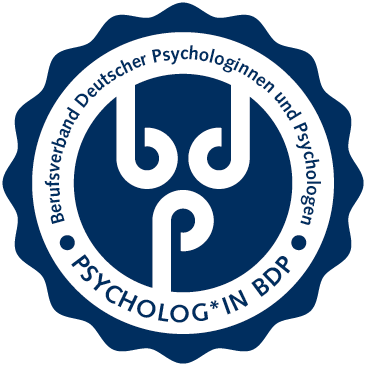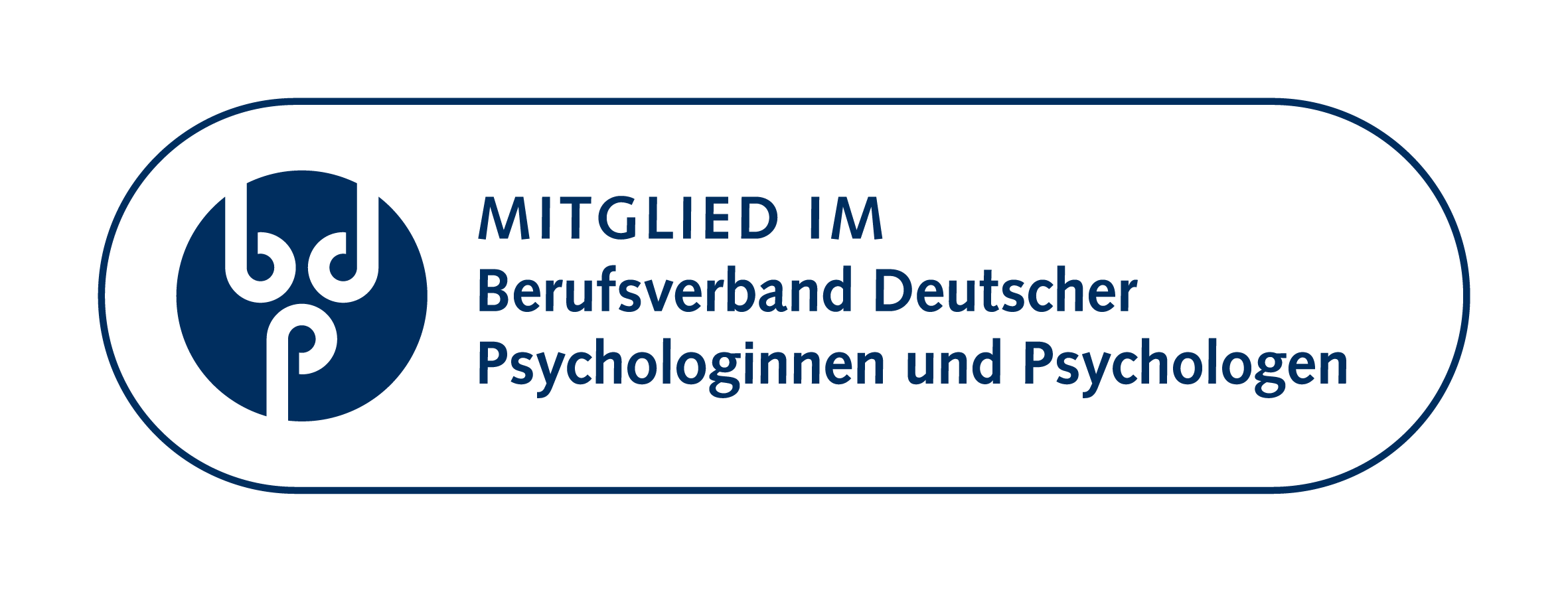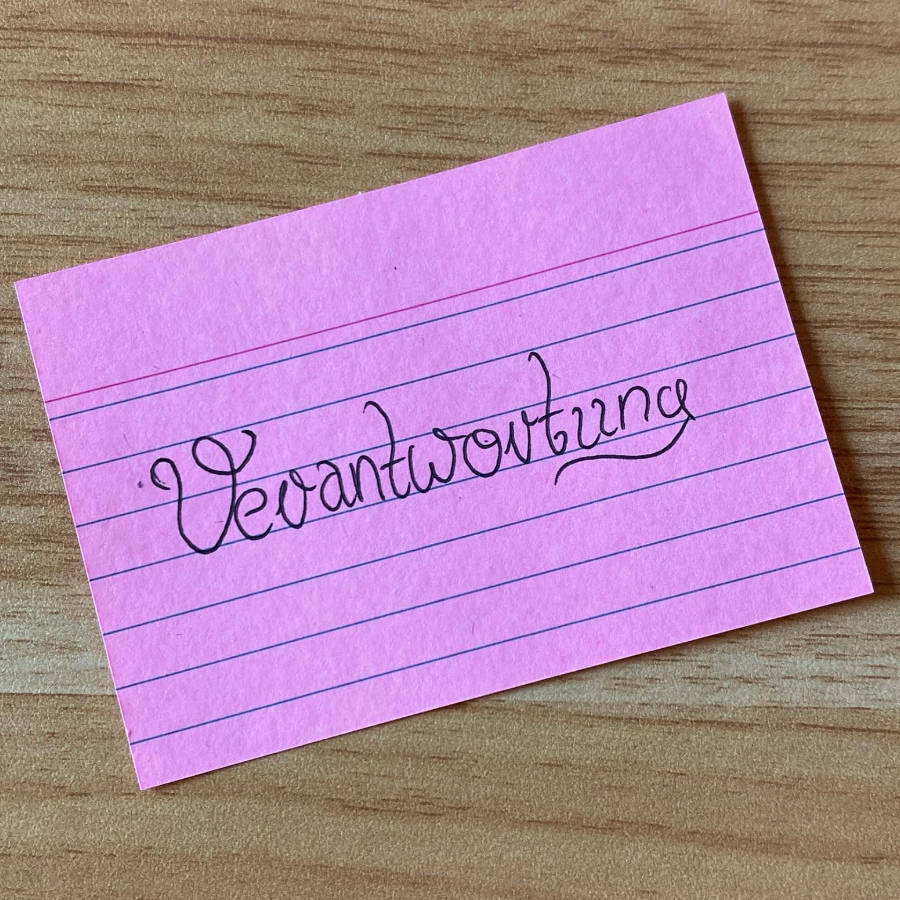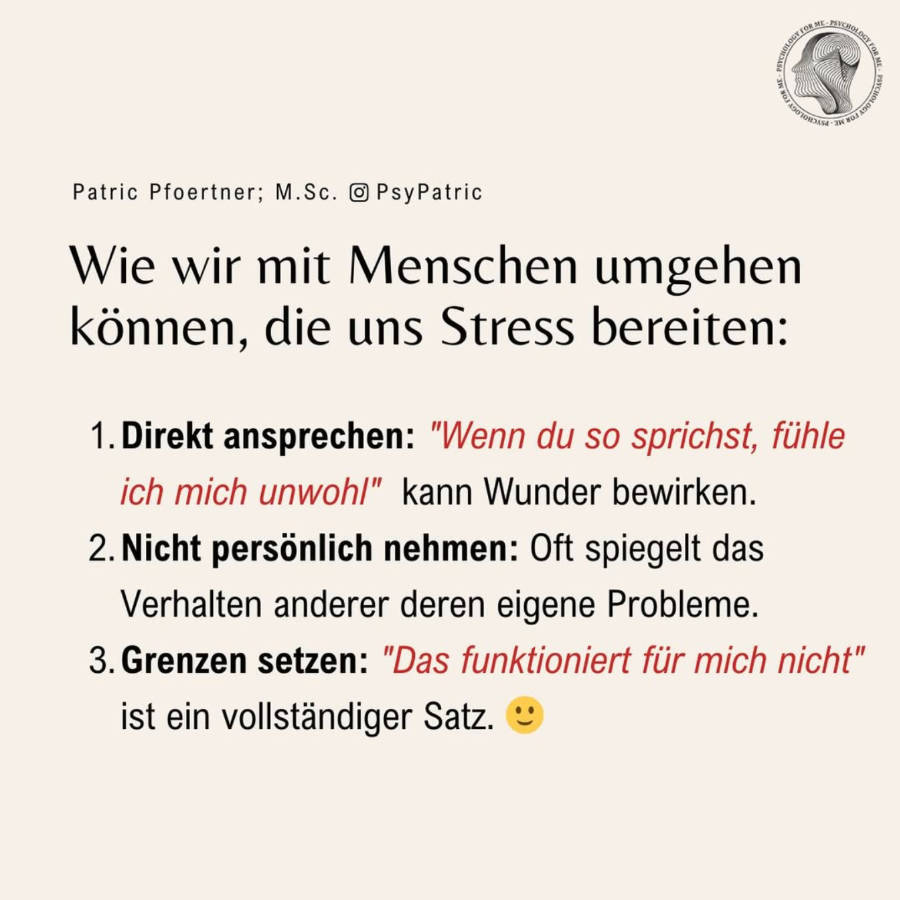Understanding Work Addiction: Finding Your Balance
In our demanding world, the line between dedication and obsession can blur. This "Work Addiction Self-Assessment" is designed to help you gently explore your relationship with work. It's a compassionate first step towards understanding if your professional habits might be impacting your overall well-being, inviting you to reflect without judgment.
This test aims to:
- Provide insights into your unique work patterns and behaviors.
- Highlight potential areas where work might be overshadowing other life aspects.
- Encourage a thoughtful approach to fostering a healthier work-life balance.
Many individuals share concerns about their work habits. Let's address some common questions:
What is Work Addiction, and How Does it Differ from Being Hardworking?
Being a dedicated employee is admirable, but work addiction (or workaholism) goes further. It's a compulsive, uncontrollable drive to work excessively, often to the detriment of your health, relationships, and personal life. Unlike healthy ambition, a workaholic feels an internal compulsion to work, even when exhausted or when it negatively impacts their well-being. It's frequently a behavioral addiction where work serves as a primary coping mechanism or source of self-worth.
What Are the Key Signs of Work Addiction?
Recognizing the signs can be tricky, as society often praises long hours. However, common indicators of workaholism include constant preoccupation with work, even during leisure; neglecting hobbies, social life, and self-care due to work demands; experiencing restlessness or anxiety when not working; using work to escape difficult emotions; continuing to work despite exhaustion or health issues; deriving your primary identity and self-worth from work; and feeling guilty about taking breaks. If you find yourself consistently unable to "switch off" or prioritize rest, it's a significant indicator.
Why Do People Become Workaholics?
The reasons behind work addiction are multifaceted. Often, it's a complex interplay of psychological factors, societal expectations, and personal history. Work can become a coping mechanism to avoid uncomfortable emotions, personal problems, or anxieties. It might offer a sense of control, achievement, or validation, especially for those with underlying self-esteem challenges. Perfectionism, a profound fear of failure, or even a desire for external approval can also fuel excessive work behaviors.
What Are the Consequences of Workaholism?
The impact of work addiction can be severe. Individuals often face chronic burnout, high stress levels, sleep disturbances, and various physical health issues. Relationships with loved ones frequently suffer due to neglect, leading to isolation and emotional distance. Ironically, despite the immense effort, sustained overwork can paradoxically decrease productivity and creativity in the long run. It can erode your capacity for joy and relaxation, trapping you in a cycle that feels relentless.
What Can I Do if I Think I'm a Workaholic?
Self-awareness, like taking this test, is the vital first step. Begin by consciously setting clearer boundaries between your professional and personal life. This might involve scheduling protected time for family, hobbies, or rest, learning to delegate tasks, and consciously taking breaks. For deeper patterns, seeking professional help is highly recommended. A psychologist or therapist can provide personalized strategies, help address underlying emotional triggers, and guide you towards cultivating a healthier, more fulfilling relationship with your work and life. Remember, true success encompasses your overall well-being.
























